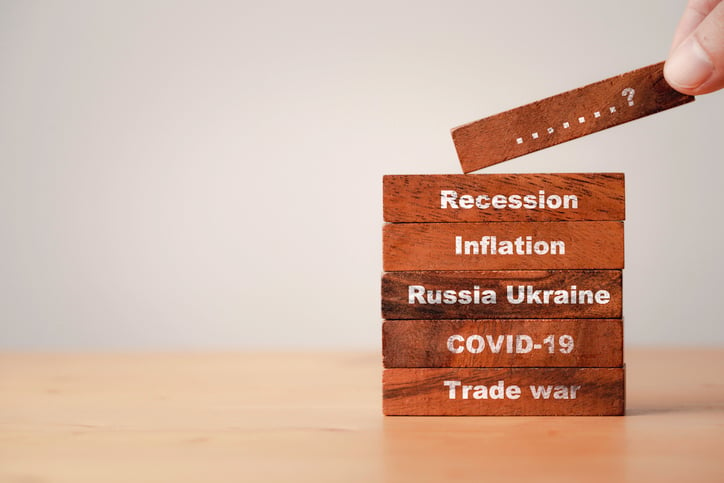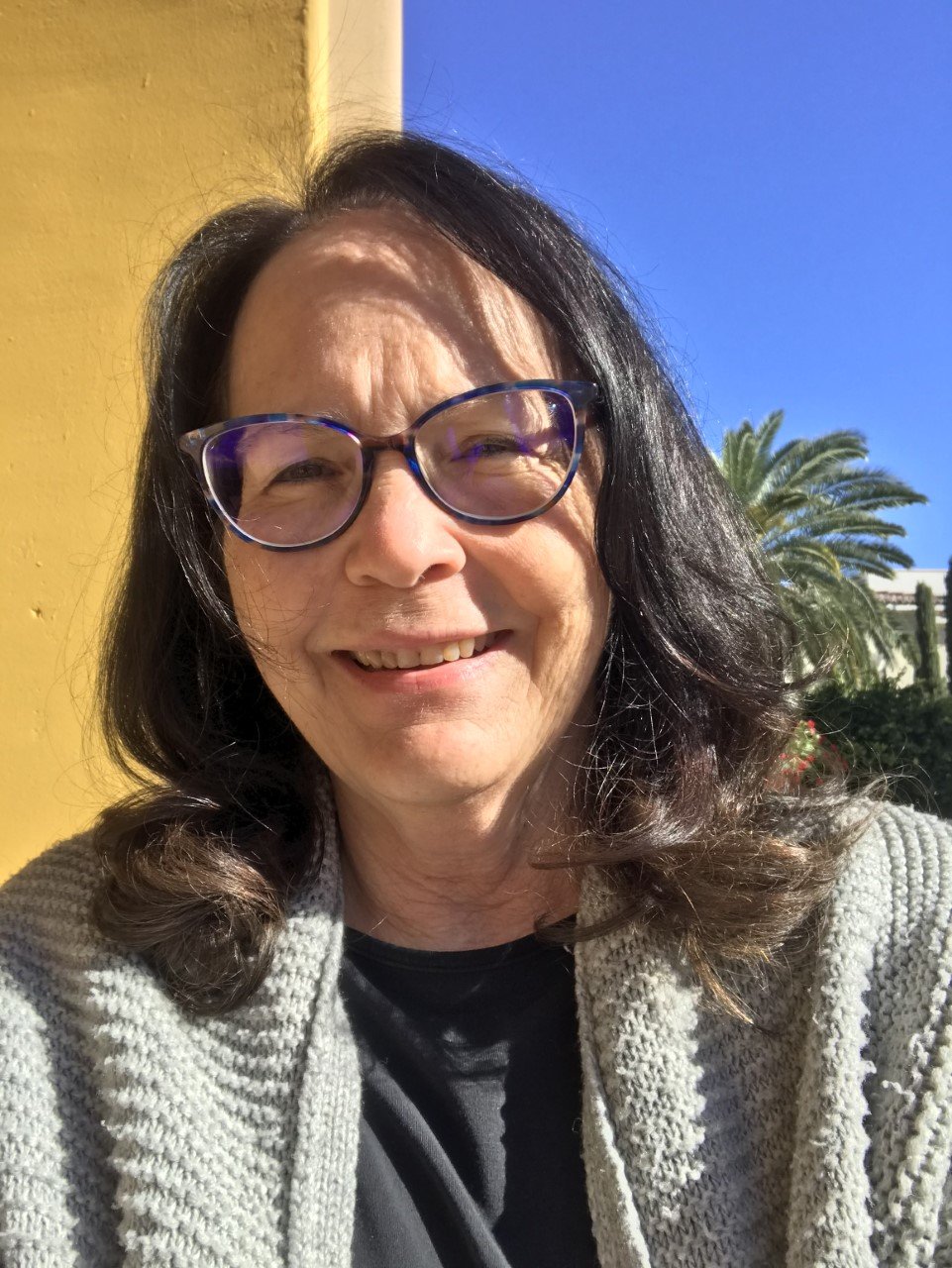A Pandemic Lesson Can Help Ease Tariff Strife

Given the disruption that the enactment of tariffs is causing, it’s apparent that many organizations didn’t take the lessons learned from the coronavirus pandemic completely to heart. That lesson: Resilience is key.
But there’s a misconception when it comes to resiliency, says Al Mendoza, principal — supply chain and operations at EY. Most people think of it in terms of tangibility. They equate creating resilience in terms of “how many facilities they have and where they are located, how many lines they have, and the amount of inventory,” he says.
“What we learned from COVID-19 is that resilience starts by understanding your supply chain and providing multiple points of flexibility — beyond just the amount of safety stock you have or if you have a backup supplier,” he says.
History tends to repeat itself, and companies that do not take these lessons seriously are likely to face similar disruptions in the future.
“People who don’t take these lessons seriously are doomed to repeat them over and over again,” he says.
A Pandemic Repeat, But Different
Still, the challenge executive face is that the tariffs disruption, while still disruption and filled with uncertainty, differs from that of the pandemic, Mendoza says. “COVID-19 was a disruption in which there were few degrees of freedom,” he says. “And this is a shock to the system that has more degrees of freedom.” And many organizations aren’t sure how to how to handle it.
We’re not stuck at home, due to fear of going out. Ports and businesses aren’t closed due to workers being sick. Production isn’t halted. The barriers aren’t the same now. There’s no specific thing to point to, Mendoza says.
“Supply chain professionals should be able to differentiate themselves much more in this environment,” he says. But many find it isn’t so. Having something tangible to point to makes it easier to produce a strategy or solution.
Developing resilience is a more intangible strategy that can be hard to grasp. Organizations often view it as something they need to eventually develop for the future, but don’t necessarily need now, Mendoza says.
Think of being told, as he says, “Here are all the things we need to do to truly be a healthy supply chain. When we need that resilience, we're really going to need it. (However, today) business is as usual — this Tuesday looks like last Tuesday — and we’re not going to need it.”
Most organizations might acknowledge they should work on developing resilience but will put off doing so. When faced with something familiar versus taking a holistic approach to the future, most organizations would choose the latter, Mendoza says: “We have a bias toward immediate gratification.”
The Lightning Round
Does experience matter? No experience could have prepared supply management organizations for the pandemic. “And there’s no experience that can prepare you for these tariffs,” Mendoza says. “So, while experience is an important ingredient (in managing disruption), it is becoming the side dish versus the main course.”
The main course, he says, “is truly having a clear understanding of your business, understanding of your data and understanding of what options you have, and then having tools that can help you evaluate what’s new” and build resilience.
During times like this, what differentiates successful organizations? Speed.
“We’re talking about three kinds of speed: (1) of understanding the present, (2) of analytics and what that means in the future, and (3) to execute,” Mendoza says.
Any more on tariffs? Mendoza says that organizations shouldn’t have been surprised by the magnitude of tariffs. “There was enough signaling from the Trump administration’s first round,” he says, that tariffs were on the horizon during a second term.
“The point I’m trying to make is not a political one. It’s that in supply chain, we need to have our ear to the ground and we need to understand when there’s a possibility of a scenario, (we need to pay attention to it). This is a known unknown.”
And the best strategy? Developing resiliency, he says.

